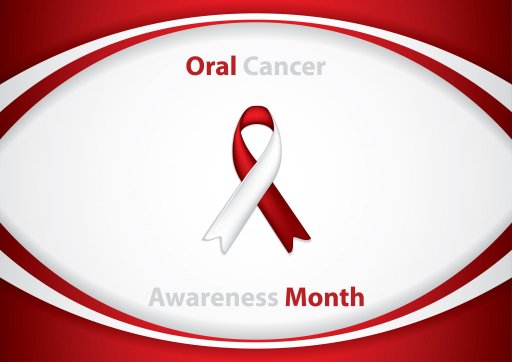The Governor of Alabama recently declared April Oral Cancer Awareness Month. But what does this mean for you and your oral wellness? Here’s what you need to know about oral cancer risk factors and how to maintain your healthy mouth and teeth.
What is Oral Cancer?
The Mayo Clinic defines oral cancer in the following way:
“Oral cancer refers to cancer that develops in any of the parts that make up the mouth (oral cavity). Mouth cancer can occur on the lips, gum, tongue, the inner lining of the cheeks, the roof of the mouth, and floor of the mouth (under the tongue). Cancer that occurs on the inside of the mouth is sometimes called oral cancer or oral cavity cancer.”
Each year, about 53,000 Americans are diagnosed with oral cancer. The disease causes more than 9,500 deaths annually, which translates to about one death each hour. While oral cancer is a scary prospect, it’s not inevitable. There are things you can do to monitor risk factors and reduce your likelihood of developing the disease.
Build Your Awareness: 3 Oral Cancer Risk Factors
Oral cancer doesn’t come out of the blue. It has a series of warning signs and possible causes. If you want to protect yourself, here are a few risk factors to know about:
1. Regular use of Tobacco or Alcohol
People often associate oral cancer with chewing tobacco. The fact is, though, any tobacco contains dangerous, carcinogenic chemicals. These can increase the risk of oral cancers.
Because of this, an experienced family dentist will recommend patients stop using tobacco. This keeps mouths and teeth healthy. Even if you’ve been using tobacco for years, quitting now will have a positive impact on your dental health.
2. Gender
According to recent studies, men are twice as likely to be affected by oral cancer as women. While scientists don’t quite understand why, being a man over the age of 62 years (age increases the risk of oral cancer) boosts the likelihood that you’ll develop the condition. Combat this risk by seeing your dentist for regular check-ups and taking good care of your mouth.
3. The Presence of Human Papillomavirus
Human papillomavirus, or HPV, is a sexually transmitted infection that increases the risk of developing certain cancers. This is true for both men and women. HPV is associated with various kinds of oral cancer.
How to Prevent Oral Cancer
Is there a way to prevent oral cancer? While it’s impossible to guarantee you won’t get oral cancer, there are several ways to reduce your likelihood of developing it. These include the following:
Stop smoking immediately
Limit your alcohol consumption
Eat a healthy diet full of leafy greens
Be conscious about sun exposure, and use SPF when you go outside
Get at least 150 minutes of exercise each week, or thirty minutes five times a week
Maintain good oral habits, and see your family dentist for cleanings at least twice a year
Want to learn more about preventing oral cancer in Orange Beach, Alabama? Contact Orange Beach Family Dentistry today to speak to one of our skilled dentists.
